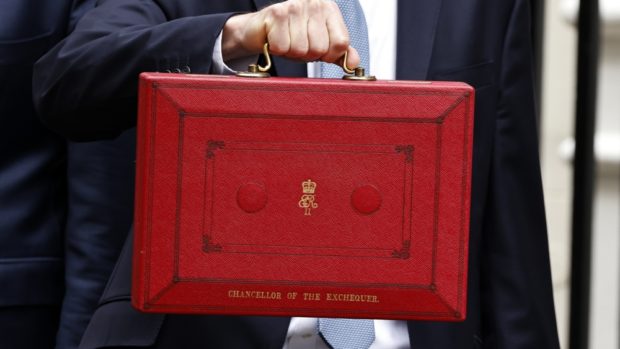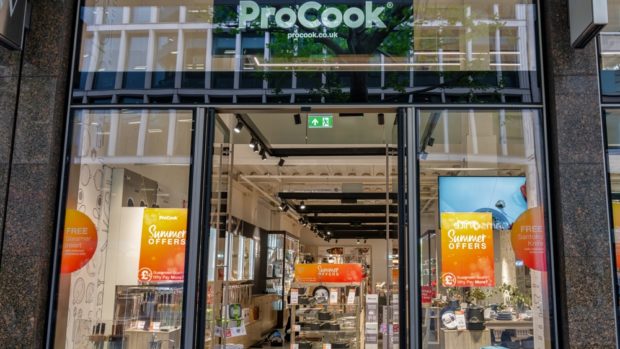Charting the effects of the coronavirus pandemic on commerce trends, Collinson today reveals a new look at how COVID-19 is affecting online shopping habits in Europe.
A global leader in customer benefits and loyalty, Collinson supports over 25 online shopping portals where consumers can earn and spend loyalty currency linked to leading travel and financial services reward programmes. The newly launched business unit Collinson Valuedynamx further connects customers to branded earning and redemption programmes which drive engagement opportunities. This broad and robust loyalty commerce network gives Collinson unique data insight into shifting online spending patterns in 2020.
At the very early stages of the coronavirus outbreak with travel purchases down 29 per cent year-on-year (YoY), sales of electronics and appliances from merchants like Sonos and Microsoft were up 32 per cent as consumers prepared to cook, work and entertain themselves at home. Sports and fitness sales also spiked during this time, with a 56 per cent YoY increase in purchases from brands like Nike and Lululemon.
After a few weeks of lockdown, sales of health and beauty items as well as gifts and flowers were up, 20 per cent and 83 per cent respectively – indicating consumers’ desire to pamper themselves and stay connected to friends and family during this forced time apart.
Throughout the lockdown period, food and beverage sales including fast food deliveries and alcohol climbed 46 per cent YoY. Collinson also saw food and beverage retailers looking for new channels to replace the drop in demand from travel and hospitality clients. This led to brands like BrewDog, Joe & Seph’s Popcorn and Dash Water engaging with Collinson’s network of shopping portals to reach an extended customer base comprising millions of members, reminding them that they could still buy the brands they love.
As restrictions around social distancing have begun to lift, the shopping portals have recorded an 11 per cent YoY lift in clothes and fashion, including brands like ASOS, Boden and H&M, as well as a 144 per cent YoY uptake in luxury goods from Burberry, Gucci and others, as consumers prepared for the cautious return to face-to-face work and socialising.
James Berry, commercial director, Valuedynamx at Collinson, said, “Loyalty commerce platforms are now seeing a massive growth in relevance, especially for travel and financial service providers. The coronavirus pandemic has caused a substantial swing in consumer spending habits and we expect the effects of this to ripple out for the next few years at a minimum. We’ve seen unprecedented shopping spikes and demand over the outbreak period, much of it concentrated around specific commerce categories. Understanding this data, we can help partners to better connect to their customers, in terms of communications and delivering on end-consumer needs with the right products at the right moments. Via a commerce ecosystem like Collinson Valuedynamx, we can provide a means and a method to keep engaging.”
Collinson supports organisations to create a differentiated loyalty strategy that reinforces brand preference and delivers personalised engagement with customers. Collinson’s offerings were bolstered in early 2020 with the launch of Collinson Valuedynamx, which was created to deliver on the rising need for an integrated and secure commerce ecosystem that enables the delivery of personalised, low friction earn-and-redeem experiences. Valuedynamx supports travel, retail and financial services partners by leveraging the unique size and scale of the Collinson business: more than 5,000 retailers and merchant partners, 1,400 banking partners and over 90 airline and 20 hotel group partners, reaching millions of consumers around the globe.
Berry added, “Like many businesses in 2020, we’ve been working fast to evaluate and evolve our strategies in order to best support our clients and their customers at this unique moment in time. With a rich history of connecting different members of the travel, retail and loyalty ecosystem together, Collinson is uniquely positioned to help brands navigate their loyalty strategy in the post-COVID world. We are increasingly supporting financial institutions to grow their relevance and frequency of customer interactions, retailers to provide added value and stand out, and travel brands to drive deeper engagement in anticipation of the travel recovery. Going forward, we will continue to uncover meaningful data and explore how we can create mutually valuable networks to engage customers, drive spend, and support diversified revenue streams.”







Share